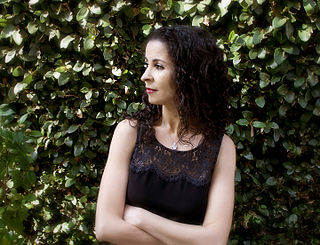A Quote by Aldous Huxley
Back to culture. Yes, actually to culture. You can’t consume much if you sit still and read books.
Related Quotes
A culture-bearing book, like a mule, bears the culture on its back. No one should sit down to write one deliberately. Culture-bearing books appear almost accidentally, like a sudden surge in the stock market. There are books of high quality that are a part of the culture, but that is not the same. They are a part of it. They aren't carrying it anywhere. They may talk about insanity sympathetically, for example, because that's the standard cultural attitude. But they don't carry any suggestion that insanity might be something other than sickness or degeneracy.
Many books condemn 'secular' culture, just as many books advocate (consciously or unconsciously) accommodating ourselves to culture. Brett has written something much different: a biblically informed and culturally savvy approach to consuming culture in a God-honoring, community-building, and mission-advancing way.
Since the 1960s, mainstream media has searched out and co-opted the most authentic things it could find in youth culture, whether that was psychedelic culture, anti-war culture, blue jeans culture. Eventually heavy metal culture, rap culture, electronica - they'll look for it and then market it back to kids at the mall.
Here in the U.S., culture is not that delicious panacea which we Europeans consume in a sacramental mental space and which has its own special columns in the newspapers - and in people's minds. Culture is space, speed, cinema, technology. This culture is authentic, if anything can be said to be authentic.
Culture is the name for what people are interested in, their thoughts, their models, the books they read and the speeches they hear, their table-talk, gossip, controversies, historical sense and scientific training, the values they appreciate, the quality of life they admire. All communities have a culture. It is the climate of their civilization.
I'm a staunch believer in the effect of pop culture - including advertising and the internet - on the young. Pop culture in its narrowest sense - mass-produced film, TV, and music - either truly reflects what's up in youth culture, or it reflects what youth-filled focus groups have told marketing companies that they want to consume.
Many teachers of the Sixties generation said "We will steal your children", and they did. A significant part of America has converted to the ideas of the 1960s - hedonism, self-indulgence and consumerism. For half of all Americans today, the Woodstock culture of the Sixties is the culture they grew up with - their traditional culture. For them, Judeo-Christian culture is outside the mainstream now. The counter-culture has become the dominant culture, and the former culture a dissident culture - something that is far out, and 'extreme'.






































